El Salvador’s Comisión Nacional de Activos Digitales (CNAD) is aiming to build a cross-border regulatory sandbox with the U.S. Securities and Exchange Commission (SEC) to foster international cooperation on digital asset oversight. CNAD President Juan Carlos Reyes emphasized that since digital assets are borderless, global regulatory collaboration should follow suit.
Since declaring bitcoin legal tender in 2021, El Salvador has become a crypto hub, attracting firms like Tether, Bitfinex, and Binance. With no entrenched financial systems in place, CNAD had the opportunity to create a tailored, flexible crypto regulatory framework from scratch—one that could now serve as a real-world model for U.S. regulators.
The proposed pilot program includes a U.S.-licensed traditional finance broker obtaining a digital asset license under El Salvador’s rules and two tokenization projects led by a CNAD-licensed firm. Each case will be capped at $10,000 to ensure controlled testing conditions. This initiative aligns with recent goals laid out by SEC Commissioner Hester Peirce, who leads the agency’s Crypto Task Force and has called for more innovative approaches to crypto regulation.
Erica Perkin, legal advisor to CNAD, noted that El Salvador's framework is designed to generate the kind of real-time data the SEC may find difficult to obtain domestically. She highlighted the CNAD’s readiness to assist the SEC in collecting actionable insights through practical case studies.
The CNAD met with the SEC Crypto Task Force on April 22, and discussions were reportedly productive. Reyes, who has already secured cooperation agreements with Argentina and Paraguay, praised the SEC’s growing understanding of digital asset technologies and its openness to forward-thinking dialogue.





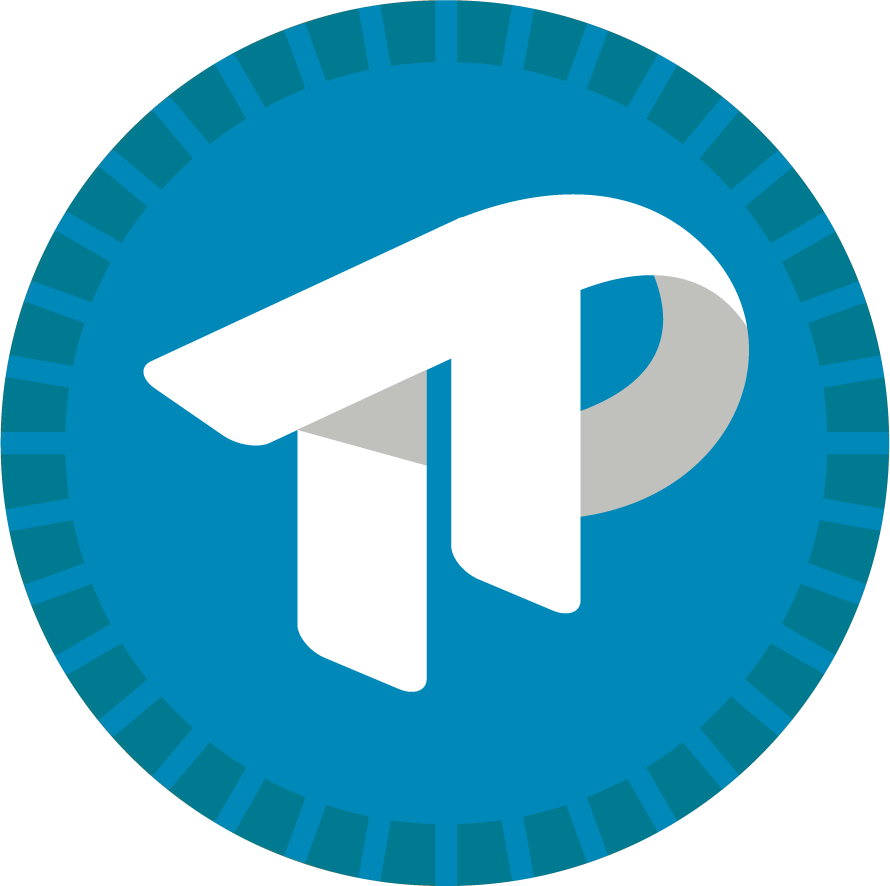








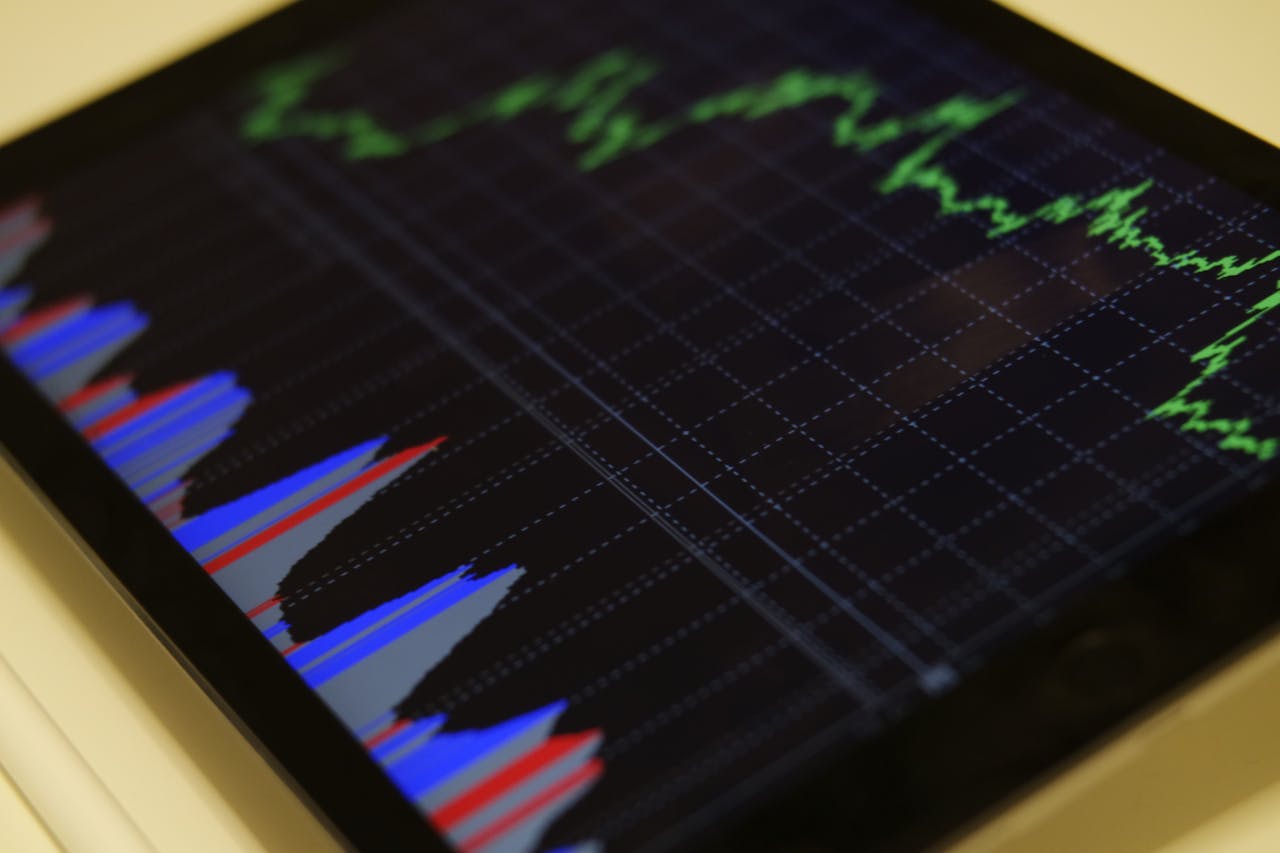
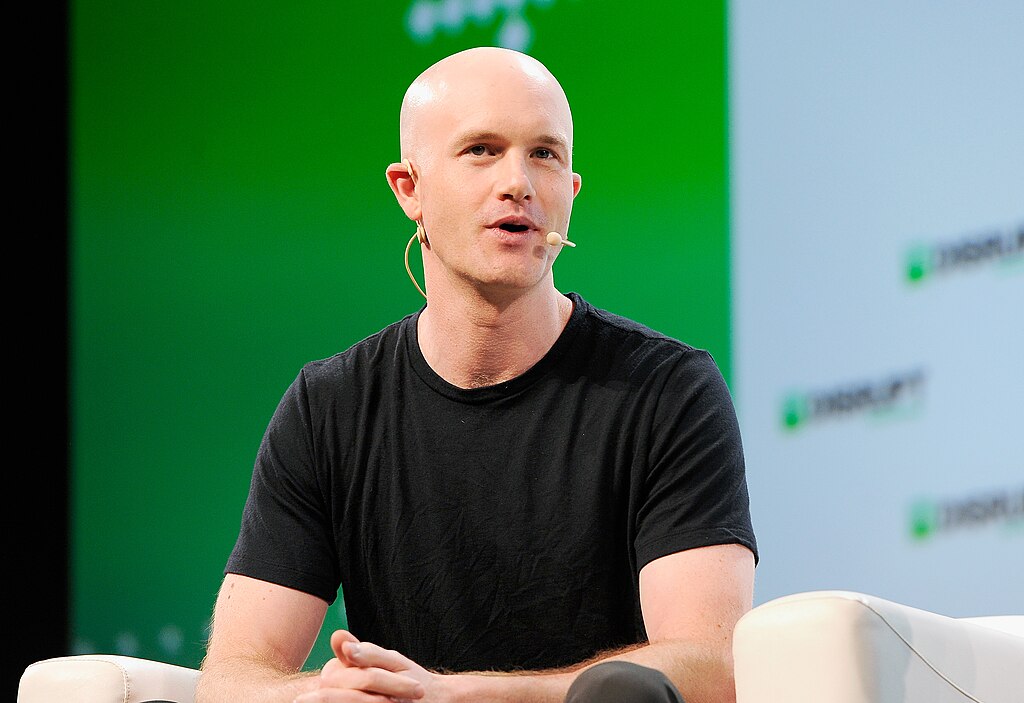


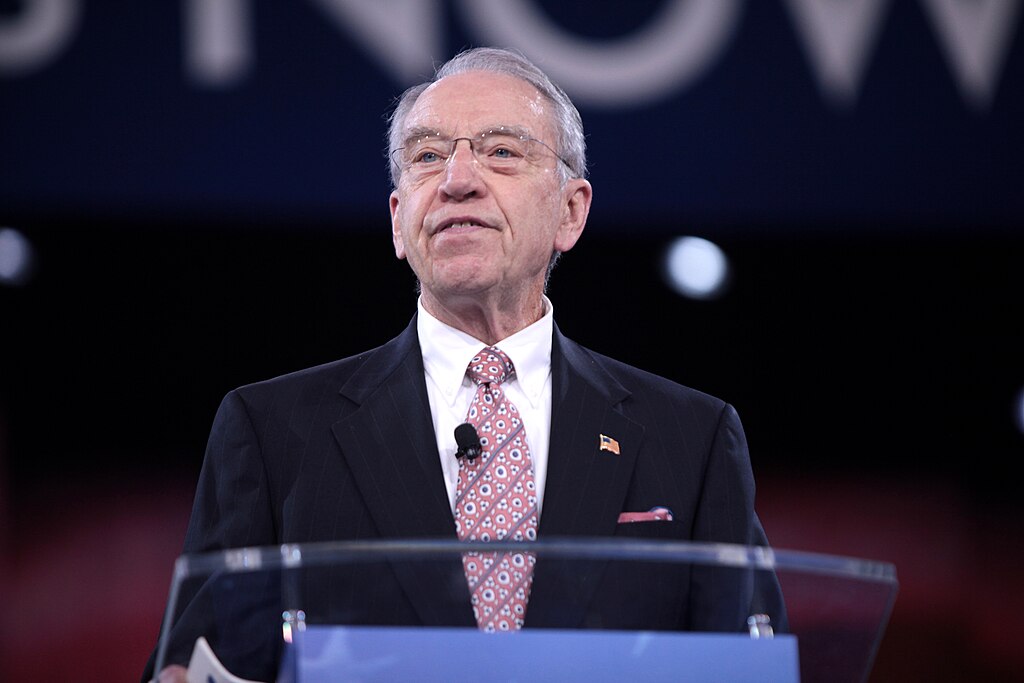






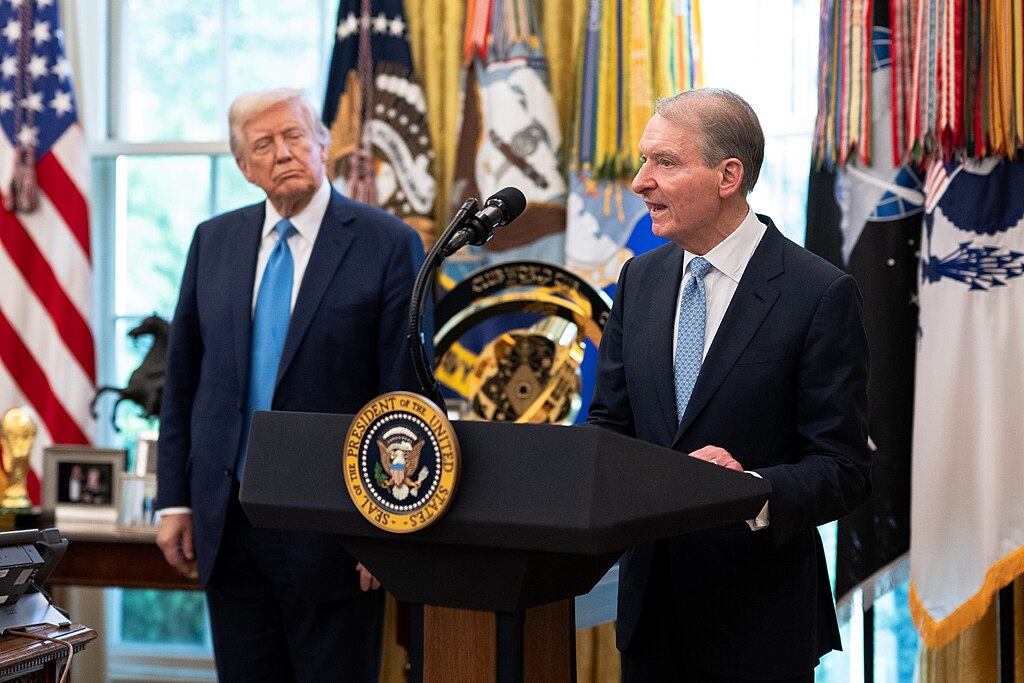

Comment 0